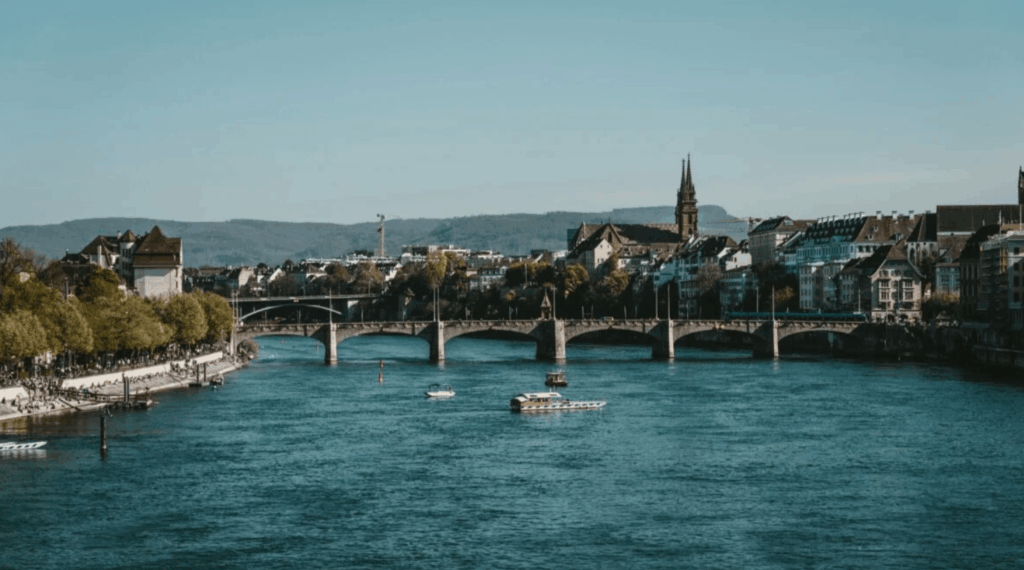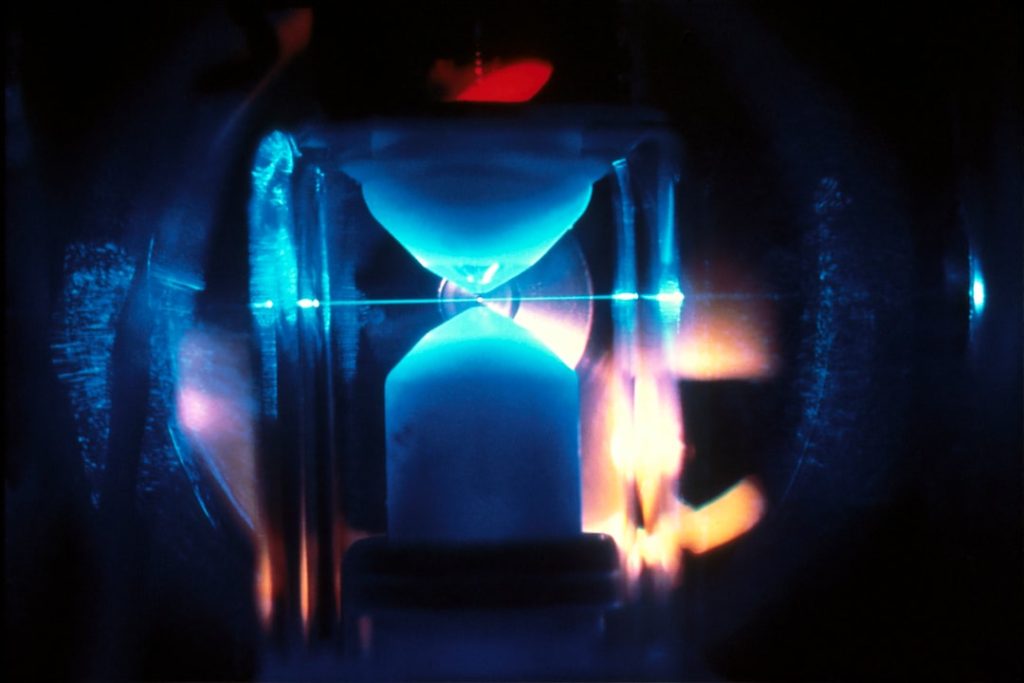Basel, a vibrant city nestled along the Rhine River in Switzerland, is a treasure trove for food enthusiasts seeking authentic and diverse culinary experiences. Known for its rich cultural scene and proximity to France and Germany, Basel boasts a food culture that blends Swiss traditions with international influences. Beyond the well-known tourist spots, the city’s hidden food markets offer a chance to discover local delicacies, fresh produce, and artisanal treats. This beginner-friendly guide explores Basel’s lesser-known food markets, highlights must-try dishes, and provides practical tips for a budget-friendly culinary adventure. For inspiration on uncovering unique food destinations, blabtime com shares engaging travel stories.
Why Basel’s Culinary Scene Stands Out
Basel’s location at the crossroads of Switzerland, France, and Germany creates a unique gastronomic identity. The city’s food markets, tucked away in historic squares and quiet neighborhoods, are filled with everything from Swiss cheeses to global street food. Unlike pricier Swiss cities like Zurich, Basel offers affordable dining options, making it ideal for travelers on a budget. Its walkable streets and vibrant local culture make exploring food markets an accessible and enjoyable experience for beginners. For tips on discovering culinary gems, induswang com provides resources for authentic travel experiences.
Uncovering Basel’s Hidden Food Markets
Basel’s food markets are the heart of its culinary scene, offering a chance to taste local flavors and meet passionate vendors. Here are three hidden markets that showcase the city’s diversity:
Marktplatz’s Lesser-Known Stalls
While Marktplatz is Basel’s main market, its quieter corners and side alleys are often overlooked by tourists. Open daily, these stalls offer artisanal cheeses, homemade chutneys, and Baseldybsli, a traditional flour soup. Prices are budget-friendly, with snacks costing $2-$5, making it a great starting point for food explorers. For insights into Switzerland’s vibrant markets, kodooku com highlights destinations like Basel.
Petersplatz Saturday Market
Located near the University of Basel, the Petersplatz Saturday Market is a local favorite that flies under the radar. Held weekly, it features organic vegetables, freshly baked breads, and food trucks serving Swiss-Mediterranean fusion dishes. Street food ranges from $5-$10, and the market’s relaxed atmosphere is perfect for sampling new flavors. For market exploration guides, netdesizn com shares beginner-friendly tips.
Kannenfeldpark Food and Flea Market
This monthly market in Kannenfeldpark blends vintage finds with food stalls offering global cuisines, from Swiss rösti to Vietnamese pho. Less crowded than central markets, it’s ideal for a leisurely visit, with snacks costing $3-$8. The park’s green spaces invite picnicking, adding to the charm. For unique market ideas, medimib com features articles on Basel’s food scene.
Must-Try Culinary Delicacies
Basel’s markets and eateries showcase a range of local and innovative dishes that reflect its multicultural heritage. Here are some highlights:
Baseldybsli Soup
A comforting carnival specialty, Baseldybsli is a roasted flour soup topped with cheese and onions. Available at Marktplatz stalls or restaurants like Gasthof zum Goldenen Sternen for $6-$10, it’s a hearty introduction to Basel’s cuisine. Its rich flavor is perfect for beginners. For food tourism suggestions, mixjigx com provides ideas for regional specialties.
Basler Läckerli
These spiced, honey-sweetened gingerbread biscuits are a Basel icon, sold at markets or bakeries like Läckerli Huus for $5-$8 per pack. Their chewy texture and warm spices make them a must-try treat, perfect for snacking on the go. For culinary insights, nancyfi com highlights Switzerland’s sweet traditions.
Rheinischer Saibling
This Rhine River fish, often grilled or smoked, is a local delicacy served at riverside stalls or eateries like Restaurant Rheinfelderhof for $10-$15. Its fresh, delicate flavor showcases Basel’s connection to the river. For seafood dining tips, nationalunlock com shares guides to Swiss flavors.
Activities to Enhance Your Culinary Journey
Basel’s food markets are just the beginning. Here are additional activities to round out your experience:
Self-Guided Food Walks
Strolling through Basel’s old town lets you discover hidden eateries and cheese shops. Create a self-guided tour, stopping at Marktplatz, Petersplatz, and small cafés along the way. The cost is minimal ($10-$20 for food), making it budget-friendly. For walking tour ideas, nicolhub com offers beginner-friendly itineraries.
Local Cooking Workshops
Cooking schools like Kulinarische Werkstatt Basel offer half-day classes ($50-$80) teaching dishes such as fondue or Läckerli. These hands-on sessions include tastings and are perfect for beginners eager to learn Swiss recipes. For culinary workshop suggestions, divirox com shares guides to cooking experiences.
Rhine River Picnics
The Rhine’s banks are ideal for picnics with market purchases. Pack bread, cheese, and Läckerli from Kannenfeldpark for a meal under $10. The scenic riverside setting adds a relaxing touch to your food adventure. For picnic ideas, site:blabtime.com provides budget-friendly travel tips.
Getting to Basel
Basel is a major transport hub, easily reachable by train or car. From Zurich, it’s a 1-hour train ride ($15-$25), while Geneva is 2.5 hours away ($30-$50). Trains from Freiburg, Germany, take 30 minutes ($5-$10). Driving from Zurich takes 1 hour, with parking near the old town. Basel’s EuroAirport, serving Switzerland, France, and Germany, is a 15-minute bus ride ($5) from the city center. Trams and buses make navigating markets simple. For transport tips, site:induswang.com offers advice for navigating Switzerland.
Where to Stay on a Budget
Basel offers affordable accommodations for food-focused travelers. Hostels like Youth Hostel Basel start at $30-$50 per night, while guesthouses in the old town cost $40-$70. Camping along the Rhine, such as Camping St. Alban, is $15-$25. Airbnb rentals in neighborhoods like Kleinbasel are budget-friendly at $50-$80. Staying near tram stops minimizes transport costs. For lodging recommendations, site:kodooku.com features guides to Basel’s best stays.
Best Time to Visit
Basel’s food markets are vibrant year-round, but each season offers a unique experience. Summer (June-August) is perfect for outdoor dining and warm weather (20-25°C). Autumn (September-November) brings harvest produce and cozy flavors. Spring (April-May) offers fresh greens, while winter (December-March) features festive markets with mulled wine and roasted nuts. For seasonal travel tips, site:netdesizn.com shares advice for planning Swiss trips.
Cultural Highlights of Basel
Basel’s culinary scene is deeply tied to its multicultural identity. The Fasnacht carnival in February or March fills markets with Baseldybsli and Läckerli stalls. Markets like Petersplatz reflect Swiss-German and French influences, offering Alsatian pastries alongside Swiss cheeses. The nearby Museum der Kulturen ($15) pairs cultural exhibits with old town cafés for a well-rounded experience. For cultural insights, site:medimib.com highlights Basel’s traditions.
Dining on a Budget
Basel’s eateries cater to budget travelers. Market stalls at Kannenfeldpark serve dishes like bratwurst or curry for $5-$10. Restaurants like Zum Schnabel in the old town offer Swiss classics such as rösti for $10-$20. Bakeries provide sandwiches and pastries for $2-$5, ideal for picnics. Many spots offer outdoor seating with Rhine views. For dining recommendations, site:mixjigx.com shares guides to Basel’s food scene.
Environmental Responsibility
Basel’s markets and Rhine River require care to stay pristine. Follow Leave No Trace principles by packing out waste and using reusable bags for market purchases. Support eco-friendly vendors at Petersplatz selling organic or local goods. Basel promotes sustainability with recycling stations at markets and bike-friendly paths. For eco-conscious travel tips, site:nancyfi.com offers advice for responsible exploration.
Combining Food Markets with Other Attractions
Basel’s markets pair well with nearby sights. The Münster Cathedral, a 10-minute walk from Marktplatz, offers free views from its towers. The Fondation Beyeler ($20), a 15-minute tram ride from Petersplatz, showcases modern art. A Rhine ferry ride ($2) near Kannenfeldpark adds a scenic touch. For multi-destination itineraries, site:nationalunlock.com shares ideas for exploring Basel.
Budgeting for Your Trip
Exploring Basel’s food markets is budget-friendly. Train tickets from Zurich cost $15-$25, with city tram day passes at $10. Accommodation starts at $15 for campsites, $30 for hostels, and $60-$80 for guesthouses. Market snacks range from $2-$10, and restaurant meals are $10-$20. Many attractions, like cathedral views, are free. For budgeting tips, site:nicolhub.com offers advice for cost-conscious travelers.
Connecting with the Community
Basel’s market vendors and locals are friendly, often sharing tips on the best stalls or dishes. Chatting at Petersplatz or joining a food tour connects you with the city’s culture. Online foodie forums offer ways to engage with fellow travelers. For community-driven content, site:divirox.com features stories from visitors to Basel.
Preparing for Your Visit
Pack for Basel with comfortable shoes for walking market streets and a reusable bag for purchases. Bring a light jacket for cooler mornings and a water bottle for hydration. A camera captures the markets’ vibrant scenes. Check market schedules, as Kannenfeldpark is monthly. For packing tips, site:blabtime.com shares beginner-friendly advice for Swiss adventures.
Why Basel’s Food Markets Are Hidden Gems
Basel’s smaller markets, like Petersplatz and Kannenfeldpark, offer authentic experiences away from tourist crowds. Their blend of local Swiss flavors and international cuisines, paired with Basel’s multicultural vibe, makes them unique. The city’s accessibility enhances its appeal as a day trip or weekend getaway. For more on underrated destinations, nicolhub com highlights places like Basel.
Tips for First-Time Visitors
- Begin at Marktplatz: Explore side stalls for unique treats.
- Visit on Saturdays: Petersplatz is most vibrant then.
- Try Small Bites: Sample multiple dishes to keep costs low.
- Respect Vendors: Ask permission before photographing stalls.
- Ask Locals: Get recommendations for food trucks or bakeries.
For additional travel advice, divirox com offers tips for exploring Switzerland’s culinary hubs.
Seasonal Events and Festivals
Basel’s food scene comes alive during events. Fasnacht in February or March fills markets with carnival treats. Autumn’s Herbstmesse features stalls with roasted chestnuts and spiced wine. Summer pop-up markets along the Rhine offer global flavors. For event guides, nationalunlock com highlights Basel’s festivities.
Photography Opportunities
Basel’s markets are visually stunning, with colorful stalls and Rhine backdrops. Capture Marktplatz’s lively energy or Kannenfeldpark’s eclectic displays. Early mornings provide soft light for street photography. For photography tips, nancyfi com shares advice for capturing market scenes.
Relaxation and Wellness
Basel’s Rhine banks offer a serene spot for relaxation. Picnic with market finds near the old town or sip coffee at a riverside café. Nearby wellness centers, like Sole Uno ($20-$40), provide spa experiences. For wellness travel ideas, mixjigx com offers tips for peaceful retreats.
Conclusion
Exploring Basel’s hidden food markets and unique culinary delicacies is a flavorful journey through Switzerland’s cultural heart. From Petersplatz’s organic offerings to Kannenfeldpark’s global bites, Basel’s markets are accessible, diverse, and budget-friendly. With vibrant flavors, a welcoming community, and a scenic riverside setting, the city invites travelers to savor its culinary treasures. Plan your food adventure today and discover the delicious secrets of Basel.



